Maria Gabriella Mariani - Robert schumann: etica, estetica. Il sentimento [ethics, aesthetics. The feeling] (2025)
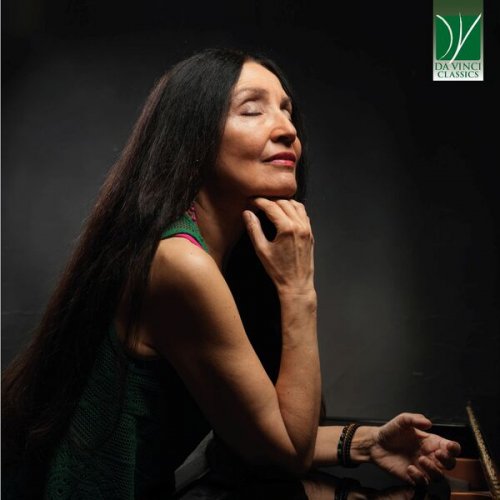
Artist: Maria Gabriella Mariani
Title: Robert schumann: etica, estetica. Il sentimento [ethics, aesthetics. The feeling]
Year Of Release: 2025
Label: Da Vinci Classics
Genre: Classical Piano
Quality: flac lossless (tracks)
Total Time: 01:09:58
Total Size: 251 mb
WebSite: Album Preview
TracklistTitle: Robert schumann: etica, estetica. Il sentimento [ethics, aesthetics. The feeling]
Year Of Release: 2025
Label: Da Vinci Classics
Genre: Classical Piano
Quality: flac lossless (tracks)
Total Time: 01:09:58
Total Size: 251 mb
WebSite: Album Preview
01. Kreisleriana, Op. 16: No. 1, Äußerst bewegt
02. Kreisleriana, Op. 16: No. 2, Sehr innig und nicht zu rasch – Intermezzo I, Sehr lebhaft – Erstes Tempo – Intermezzo II, Etwas bewegter – Langsamer. Erstes Tempo
03. Kreisleriana, Op. 16: No. 3, Sehr aufgeregt – Etwas langsamer – Erstes Tempo – Noch schneller
04. Kreisleriana, Op. 16: No. 4, Sehr langsam – Bewegter – Erstes Tempo
05. Kreisleriana, Op. 16: No. 5, Sehr lebhaft
06. Kreisleriana, Op. 16: No. 6, Sehr langsam
07. Kreisleriana, Op. 16: No. 7, Sehr rasch – Noch schneller – Etwas langsamer
08. Kreisleriana, Op. 16: No. 8, Schnell und spielend
09. Drei Romanzen, Op. 28: No. 1, Sehr markiert
10. Drei Romanzen, Op. 28: No. 2, Einfach
11. Drei Romanzen, Op. 28: No. 3, Sehr markiert
12. Faschingsschwank aus Wien, Op. 26: No. 1, Allegro
13. Faschingsschwank aus Wien, Op. 26: No. 2, Romanze
14. Faschingsschwank aus Wien: No. 3, Scherzino
15. Faschingsschwank aus Wien, Op. 26: No. 4, Intermezzo
16. Faschingsschwank aus Wien, Op. 26: No. 5, Finale
This disc differs from its predecessors: it contains none of my own compositions set alongside other composers’ works around a single theme. Instead, I devote it entirely to Schumann—specifically to Opp. 16, 26 and 28—chosen for reasons that are both biographical and aesthetic.
Schumann first revealed to me the splendour and complexity of music and the pleasure of exploring sound and structure ever more deeply. From him I learnt the force of imagery, the spark of an idea, the luxury of breathing the air of his age.
My years at the L. Perosi Academy in Biella, the piano competitions, my earliest concerts—each of these memories is inseparably linked with Schumann, echoes of a past that resurfaces now and then, yet no longer belongs to me.
Opp. 16, 26 and 28 paint a strikingly varied portrait of the composer: an almost epic sense of drama in Kreisleriana, sparkling brilliance in the Carnival of Vienna, and, in the Three Romances, a more narrative spirit. These notes do not rehearse what scholars have long said about each piece; rather, they sketch my relationship with them—what they have given me, and what I have tried to return in this recording.
When I think of Kreisleriana, I recall my lessons with Aldo Ciccolini, who treated music as synaesthesia, where sounds, colours, flavours and visions weave together into story and myth. I still hear his advice on the sixth piece (B-flat major, Molto adagio): “Think bagpipes; the tone must be slightly nasal.” And I picture the merry company at the end of the seventh, perhaps tipsy, fading into Leipzig’s cold night, a stray sob slipping between chords. The dark urgency of the third (Molto agitato) and the eighth (Scherzando) once fired my teenage imagination with forest, ravine and mystery.
Yet Kreisleriana also confronted me with down-to-earth challenges: an awkward tenth right where the music is most poignant; chasing impossibly fast tempi; reading a piano score as if it were an orchestral part and then realising it at the keyboard. The piece has grown with me; each encounter finds us both changed. Schumann is no longer only the Romantic poet: he is the composer who seeks refuge in Bach-like form and poise. He has sharpened my taste, as a composer, for musical craft, and, as a performer, for the long view. I am drawn to his harmonies, his architecture, his pacing, to the way he lets the piano speak with symphonic breadth.
I have never been drawn to dwelling on Schumann’s psychological torment; it would be as sterile as explaining Leopardi’s pessimism by listing his ailments. Far richer is Schumann the critic and man of letters, alive to the artistic cross-currents of his age, in constant conversation with Hoffmann and Heine. Das Haus Schumann, which I recently reread with affection, offers a charming domestic vignette—yet his deepest intimacy, I believe, lives in the music itself.
Carnival is a familiar motif in both literature and music, and Schumann’s Viennese Carnival has a markedly different flavour from Op. 9. In many ways Op. 26 is less grand, certainly shorter, yet to my ear even more enigmatic. With its five movements it feels more like a sonata than a pageant of masks. I read it as a sparkling yet wistful glance back at a vanished Vienna. Beneath the effervescence of the Scherzino, the Finale and parts of the opening Allegro runs a deep melancholy that, after the first two pages, unfurls into a G-minor melody where the line becomes song and verse. Many call it Eusebius’s voice; I prefer to free the music from such labels, beguiling though they may be, for they can blur an interpretation’s composure. Daily life with this score has taught me to set anecdote aside. As a composer, I too have used descriptive titles—Nenè Waltz, Tides, Echoes, Kinderliana—yet those poetic cues mattered only at the start; soon harmony and design became each piece’s true core. So it is, I think, with Schumann.
The Three Romances are pieces I have studied more recently, and they give me the greatest freedom: urgent drama in the first, ecstatic tenderness in the second, and in the third a kaleidoscope of quintessentially Schumannesque moods. They were once bound for another project with Bunte Blätter, Brahms’s Op. 9 Variations and other miniatures, but I am glad they sit here, balancing Opp. 16 and 26.
A critic once suggested that Schumann and I were close kin; I doubt it, even in purely stylistic terms. Yet he has always been a lodestar, a partner in dialogue, a guide in my musical growth. Through Schumann, music became an inexhaustible quest. I have always felt his Romanticism to be genuine, unsentimental, utterly authentic. That is why I have dedicated an entire disc to him, subtitling it with the three qualities that, to my mind, best define the man and the composer: ethics, the aesthetic act, and the feeling that permeates his work and his life.

![Zamballarana - Sirena (2025) [Hi-Res] Zamballarana - Sirena (2025) [Hi-Res]](https://www.dibpic.com/uploads/posts/2025-12/1765620486_bhmusoyvnhizd_600.jpg)
![Yasuhiro Usui, Ryoko Ono and Taro Tatsumaki - The House Concert Live Collection, Vol. 55: Yasuhiro Usui (Live at 3rd Floor, Artist House, Daehak-ro, Seoul, 7/12/2015) (2025) [Hi-Res] Yasuhiro Usui, Ryoko Ono and Taro Tatsumaki - The House Concert Live Collection, Vol. 55: Yasuhiro Usui (Live at 3rd Floor, Artist House, Daehak-ro, Seoul, 7/12/2015) (2025) [Hi-Res]](https://www.dibpic.com/uploads/posts/2025-12/1765791289_rchn1y2nh7yfb_600.jpg)
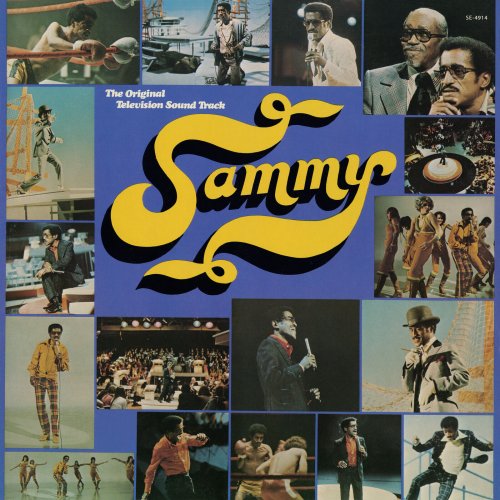
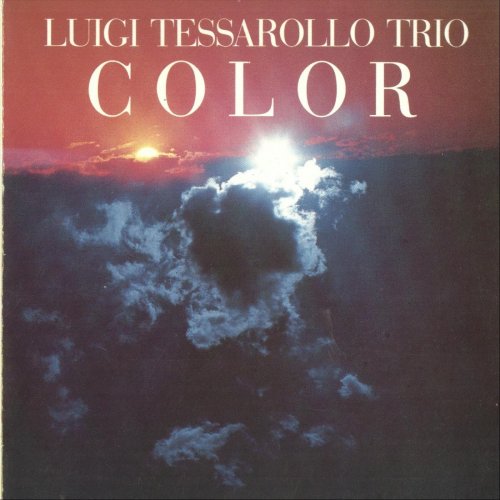
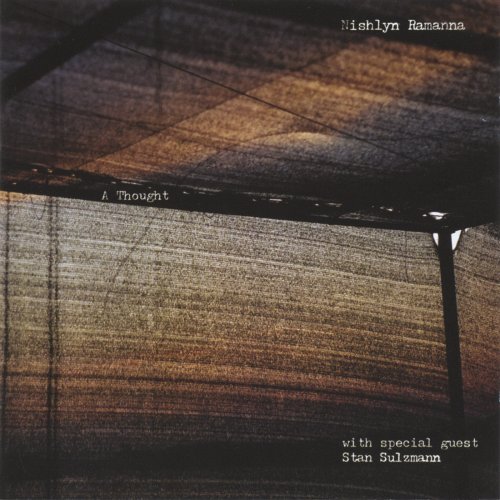
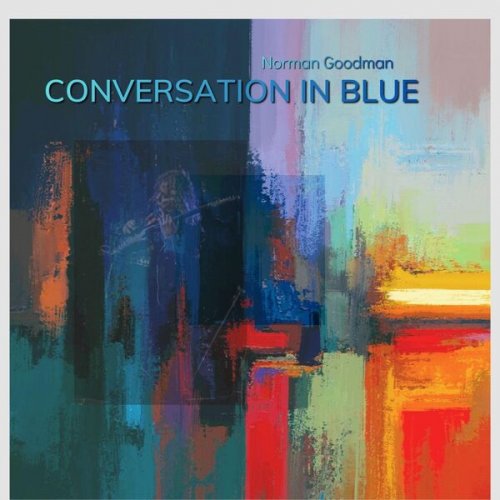
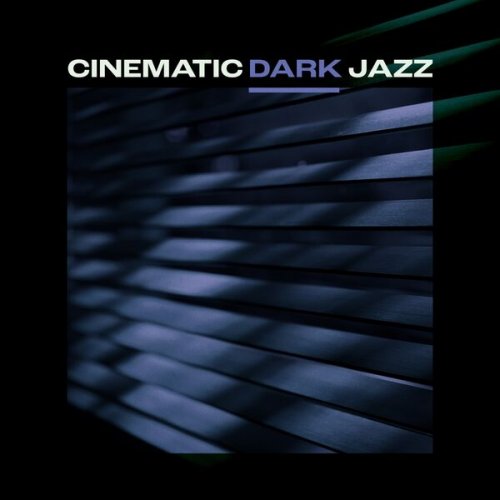
![Julián Mekler, Juan Saidón, Baptiste Stanek, Wes Georgiev, Martin Freiberg - Panorama (2025) [Hi-Res] Julián Mekler, Juan Saidón, Baptiste Stanek, Wes Georgiev, Martin Freiberg - Panorama (2025) [Hi-Res]](https://www.dibpic.com/uploads/posts/2025-12/1765496836_haep8ejv8rx3b_600.jpg)